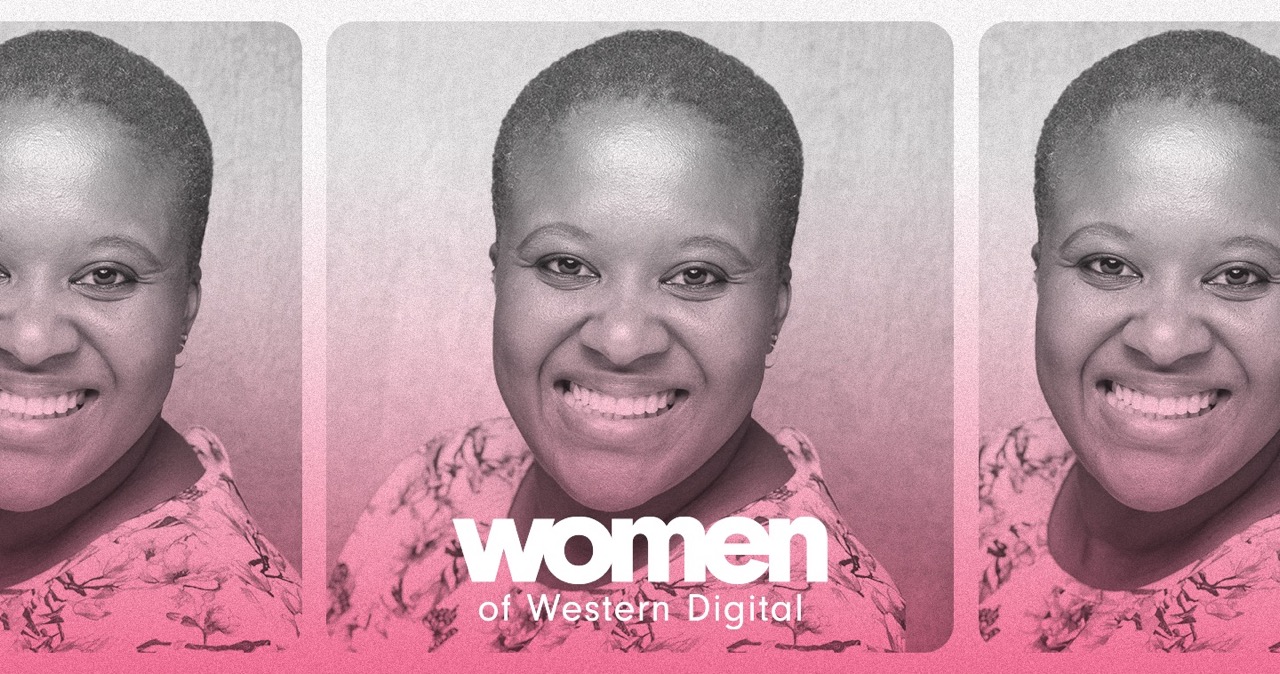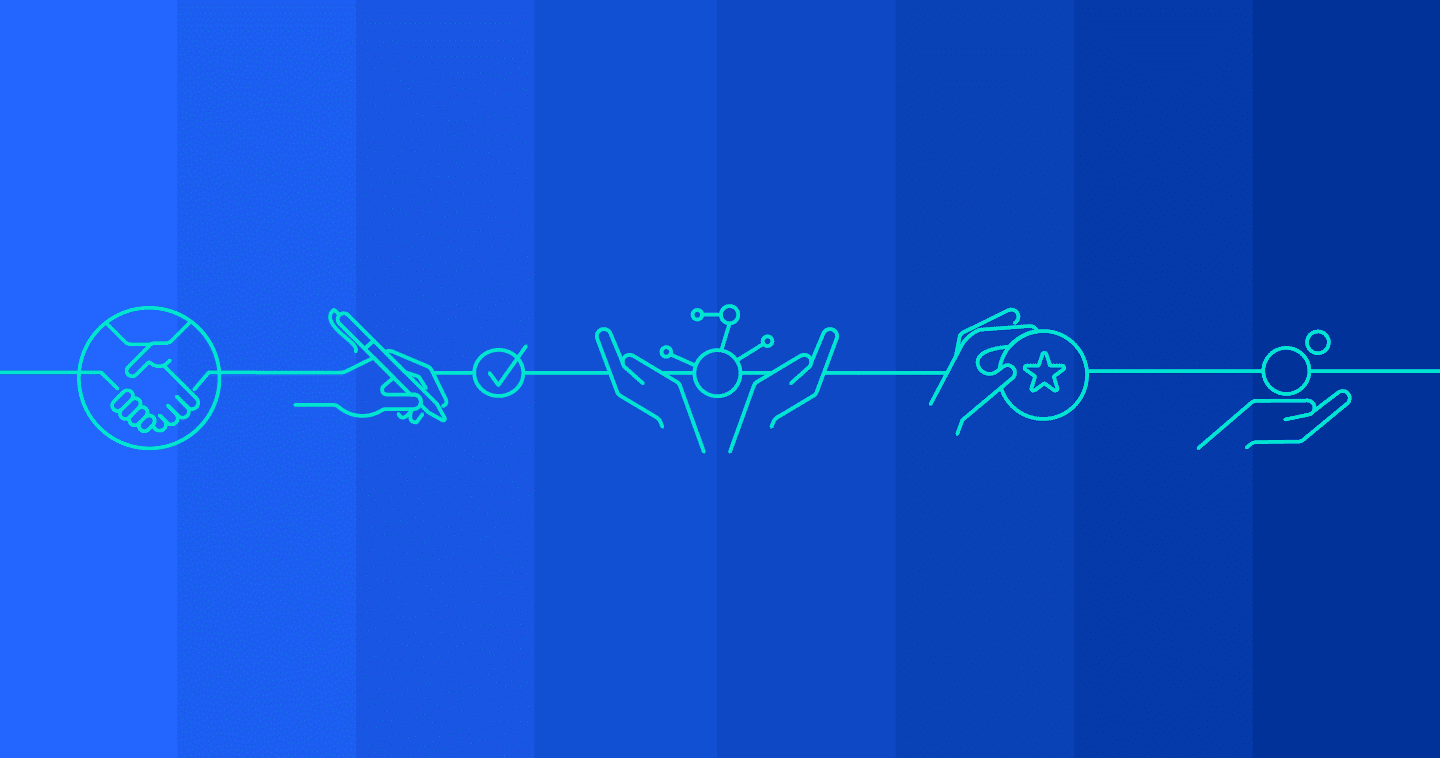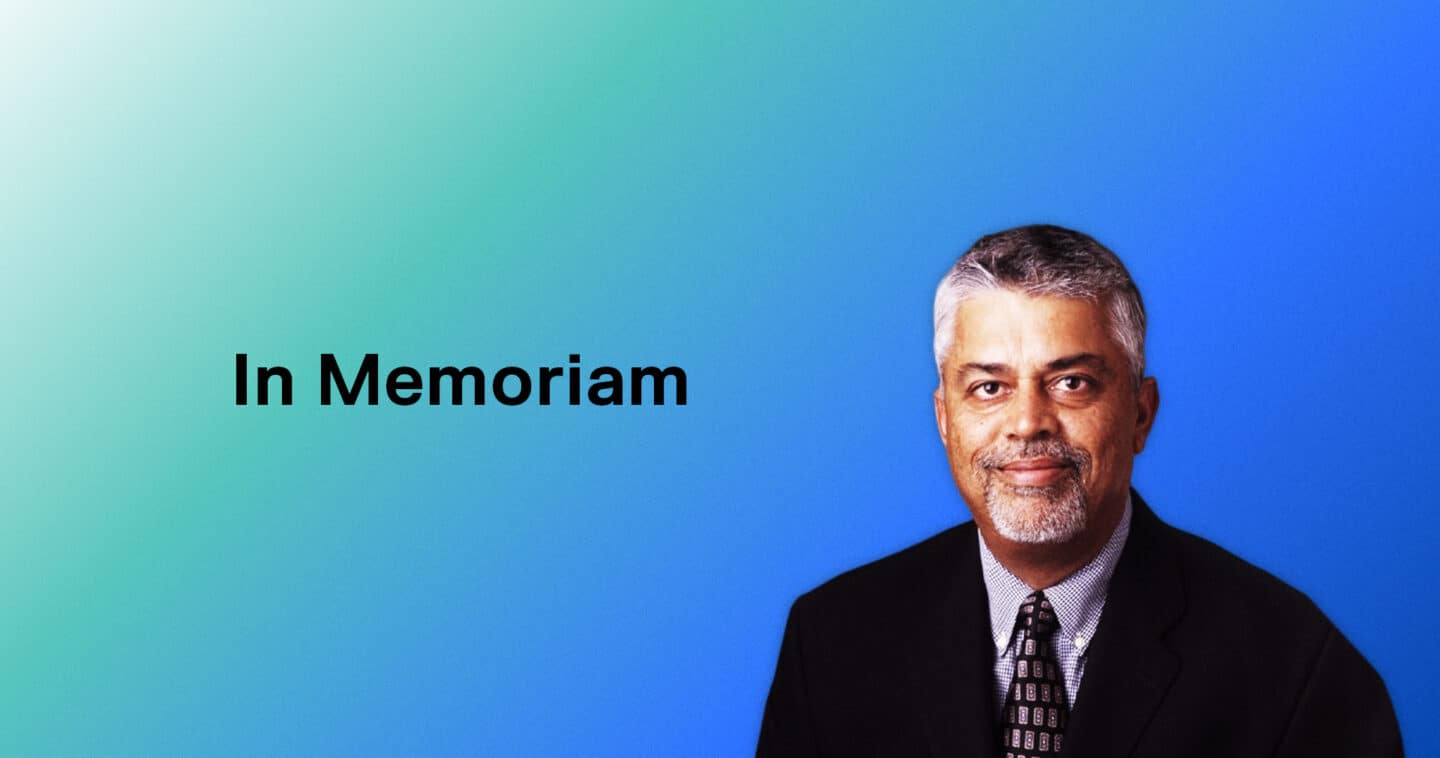Maria Kala: Community and Mentorship
Since her childhood in Kenya, Maria Kala has always been fiddling with hardware. Born the third of four sisters, Kala became the de facto IT support in the home, which is how she made her way into the field of engineering.
“Growing up, I was always consulted when the VCR broke or when we needed to hook something up,” recalled Kala. “That’s how I stumbled into engineering.”
Kala did more than stumble, though; she strode. In high school, she excelled in her STEM courses, particularly physics. While Kala found the subject interesting and easy, it wasn’t until her teacher approached her that she began to consider a career as an engineer.
“My physics teacher pulled me aside and recognized my aptitude, really encouraging me to go for it,” said Kala. “Up until then, I hadn’t considered it as an option. Engineering is a prohibitively masculine field in Kenya, so it didn’t seem like a reality for me.”
Despite the challenges and barriers, her family nurtured this budding passion. Before she knew it, Kala was applying to programs in the US, where she’d have access to a good education and a realistic pathway to a career. As she reviewed programs and considered her options, she only grew more excited. Yes, it would be hard to leave home, but the vast opportunities were hard to ignore.
“My parents knew that going abroad was important to me and my future, so they always backed me,” Kala said. “They were hesitant, of course, but they trusted me. Their only requirement was not to go to Florida because of the hurricanes,” she added with a laugh.
Before she knew it, Kala was accepted to Embry-Riddle University in Arizona to study computer engineering, and she packed her bags for the adventure of a lifetime.
Coming to America
Kala’s worldview expanded in nearly every direction during those first few years stateside. There were more people and opportunities, yes, but more challenges and uncertainties as well. While she wouldn’t face the male-dominated engineering field in Kenya, Kala did find herself as one of the few Black students on a largely white campus.
“I really felt that lack of Black people in my community when I came over,” Kala said. “People were overall friendly and wanted to learn about me and my culture, but I stuck out in most settings.”
Kala tapped into Black student groups and bonded with other international students to help weather that sense of culture shock. That community always reinforced her confidence and self-belief. However, Kala still faced challenges in the classroom and in professional settings.
“I thought about it from this perspective: in the US, I was experiencing the intersectionality of sexism and racism, but in Kenya, it would have been just the sexism,” she said.

Like in high school, Kala had a community of support and mentors who looked back and helped her achieve her goals. In her lab, Kala’s professor was committed to diversity and inclusion and would often call out other students for speaking over Kala. Over the years, the soccer team Kala joined became a support system and outlet, too. Her teammates became another community, and her coach became a female mentor and guide throughout her education.
“My professor, my coach, they were really important allies for me who always encouraged and empathized with me,” she said. Kala also reflected on her experiences with new perspectives around identity and inclusion, shining a new light on the importance of these relationships.
“I knew what I was experiencing, but I didn’t have the language to express it,” she said. “It wasn’t until later in my career that I was able to identify things like intersectionality and allyship. Sometimes you can get gaslit about your experience, but with education and the language to describe it, it can empower you to recognize your reality.”
Community, mentorship, and building the bridge
After completing her degree, Kala set to work figuring out her niche in the world of engineering, completing her master’s degree, and bouncing around various industries. It was her first female boss who suggested she try her hand at firmware, where Kala’s experience in hardware and software would be a boon. Thanks to that suggestion and support, Kala got her first role at Western Digital as a firmware engineer.
Today, Kala is transitioning into a product manager role in the HDD business unit, where she takes her 15 years of experience and helps guide cross-disciplinary teams to deliver excellent products.
“I love the creativity and the innovation that goes into my work,” Kala said. “My work influences other people, and we depend on one another. It’s more collaborative, so I can’t be selfish and go off on my own.”
Community and mentorship have always been important to Kala, and she makes that passion a part of her work for Western Digital as well. “In the end, it’s about the team, the community, it’s about working towards the goals as one team,” she concluded.
Kala serves as a co-lead for the Black Professionals Network and the Women’s Impact Network groups at the company. She also participates in the Grace Hopper Celebration of Women in Computing and Hack the Hood events to inspire Black kids, particularly Black women, to get involved in STEM.
“It’s about stretching out my hand and pulling them up with me,” said Kala of her community-building efforts. “If I could do what my physics teacher did for me just once, it would all be worth it.”
Artwork by Rachel Garcera




